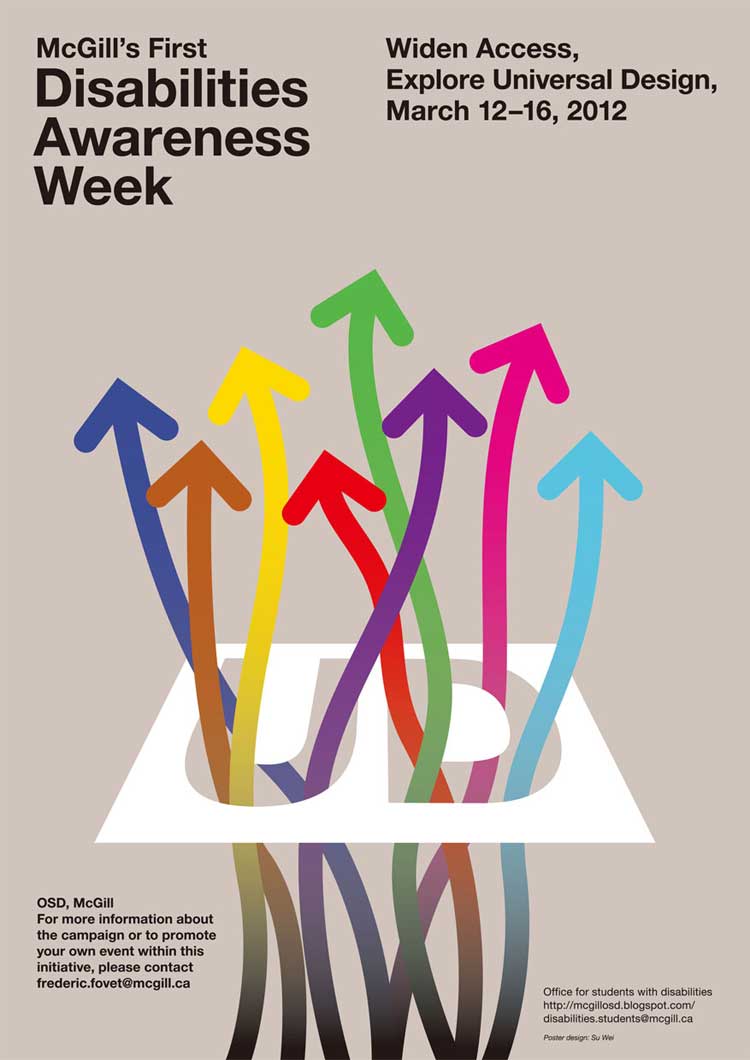Today I spoke with a journalist — Giuseppe Valiante (to give credit where it’s due) — doing a story on social media and the strike. At one point he asked me if I thought things would be better if the Charest government were on Twitter, interacting with all the protesters and their supporters who are active there under the hashtags #ggi and #manifencours
For my non-Canada readers, please know the gravity of the situation here. The provincial government has passed a law, loi 78, which effectively criminalizes legal protest and dissent, especially by students and especially around campuses. This is, of course, in response to now months of protest by hundreds of thousands of Quebeckers again proposed tuition increases.
Once you’ve criminalized the people advancing the other side of the argument, showing up somewhere to argue is kind of beside the point.
If you’re not already educated on what’s happening in Quebec, you should be. The student movement has shut down most of the universities and colleges in the province (no, not McGill, but that’s another story). They are a frequent presence downtown, and have occasionally interfered with traffic and transit. While the vast majority of protesters are peaceful, it’s not a surprise that with the protests has come some disorder like vandalism.
The provincial government, after negotiating in bad faith with the leaders of the movement, has banned the strike, criminalized the students (who number in the hundreds of thousands) and shut down school for the summer, instituting a bizarre semester system for the fall. The sheer lunacy of the plan — an unconstitutional law, a fake two-month semester, and a deferral of a fight that will obviously just start up again in August — is not what gets me. What gets me is that La Presse reported that 66% of people surveyed in the province support the law and think the police should be more severe with the protesters.
All this in Canada’s supposedly most progressive province. Congratulations, Charest government, you’ve just turned us into the most authoritarian province.
The English-langauge coverage of the Quebec situation is mostly shameful and ignorant, as newspaper columnists fall over one another to denounce the student movement. Luckily, two sites have sprung up to translate French-language coverage into English. I recommend you follow them.
http://translatingtheprintempserable.tumblr.com/ (“printemps érable” is “maple spring”). They appear to be the most active for the moment, so I’ve given their RSS feed a place of pride in my blogroll on the right for now.
http://rougesquad.org
Finally, in the tradition of We Are the 99%, there’s Arrêtez-moi, quelqu’un (arrest me, someone).

